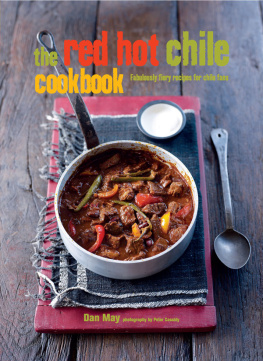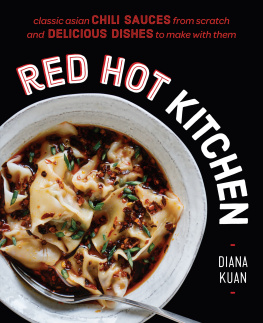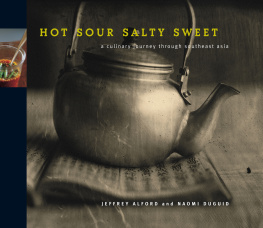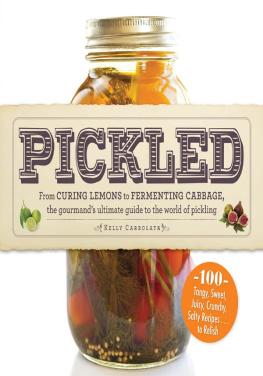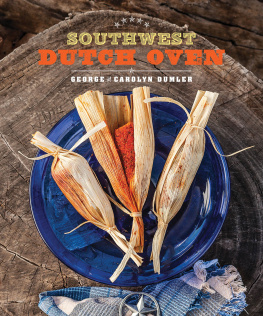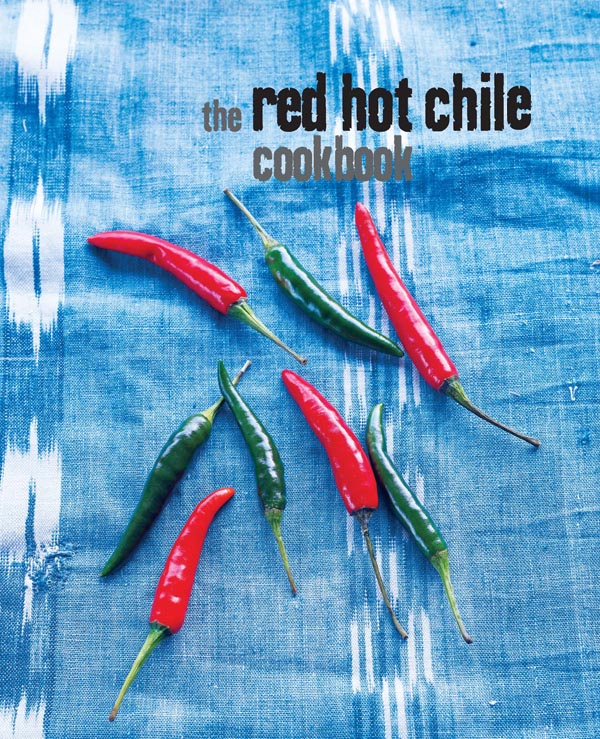
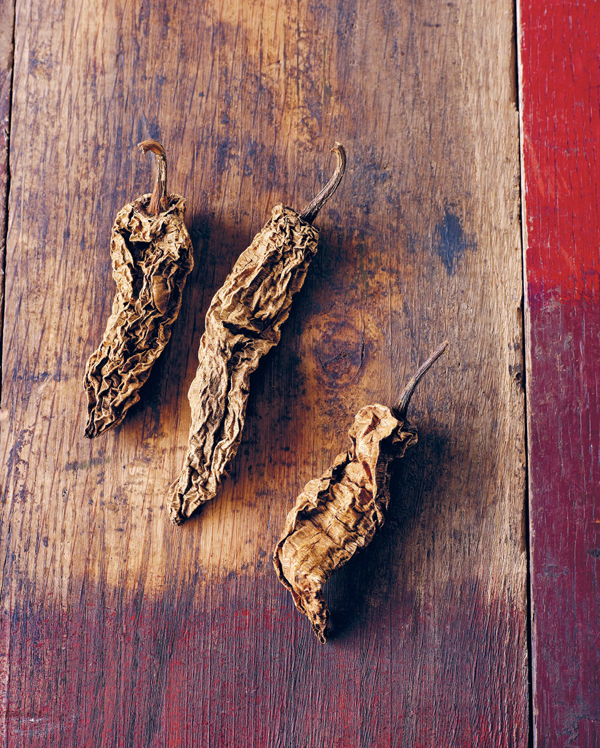
Design and Photographic Art Direction Steve Painter
Commissioning Editor Cline Hughes
Production Manager Gordana Simakovic
Art Director Leslie Harrington
Editorial Director Julia Charles
Food Stylist Lizzie Harris
Indexer Penelope Kent
First published in 2012 by
Ryland Peters & Small
2021 Jockeys Fields
London WC1R 4BW
and
519 Broadway, 5th Floor
New York, NY 10012
www.rylandpeters.com
10 9 8 7 6 5 4 3 2 1
All photography by Peter Cassidy except
pages 7, 9, 1113 and 15 by Dan May.
Text Dan May 2012
Design and photographs
Ryland Peters & Small 2012
Printed in China
The authors moral rights have been asserted.
All rights reserved. No part of this publication may be reproduced, stored in a retrieval system, or transmitted in any form or by any means, electronic, mechanical, photocopying, or otherwise, without the prior permission of the publisher.
US eISBN: 978-1-84975-409-5
US ISBN: 978 1 84975 224 4
A CIP record for this book is available from the Library of Congress.
Notes
The recipes in this book are given in both metric and imperial measurements. However, the spellings are primarily British and this includes all terminology relating to chilli peppers. British chilli and chillies are used where Americans would use chile, chili and chiles.
All spoon measurements are level, unless otherwise specified.
All chillies are fresh unless otherwise stated.
All eggs are medium (UK) or large (US), unless otherwise specified. Uncooked or partially cooked eggs should not be served to the very young, the very old, those with compromised immune systems, or to pregnant women.
When a recipe calls for the grated zest of citrus fruit, buy unwaxed fruit and wash well before use. If you can only find treated fruit, scrub well in warm soapy water and rinse before using.
Ovens should be preheated to the specified temperature. Recipes in this book were tested using a regular oven. If using a fan/convection oven, follow the manufacturers instructions for adjusting temperatures.
Sterilize preserving jars before use. Wash them in hot, soapy water and rinse in boiling water. Place in a large saucepan and then cover with hot water. With the lid on, bring the water to the boil and continue boiling for 15 minutes. Turn off the heat, then leave the jars in the hot water until just before they are to be filled. Invert the jars onto clean kitchen paper to dry. Sterilize the lids for 5 minutes, by boiling, or according to the manufacturers instructions. Jars should be filled and sealed while they are still hot.
contents
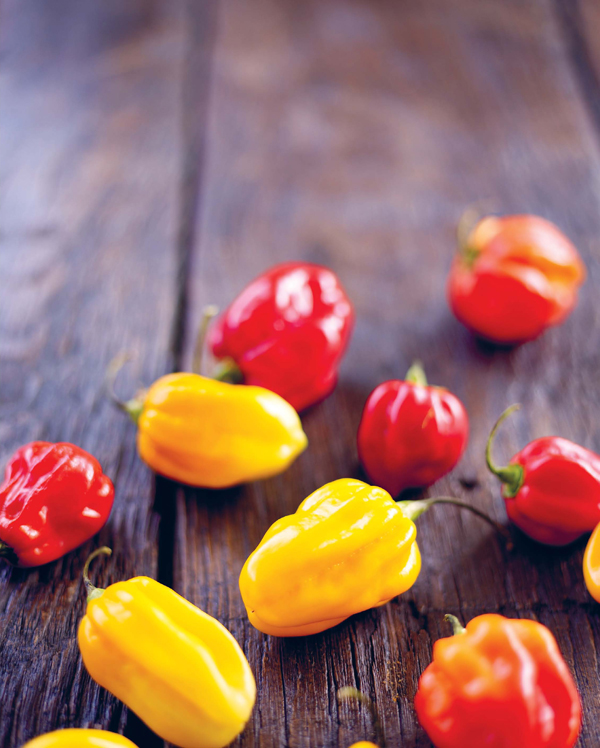
Why Trees Cant Dance and Chillies Rock
Its amazing what you can achieve when you live too far from anyone to hear them telling you that it wont work.
In the spring of 2005, I began growing chillies on a beautiful if unlikely site clinging to the very edge of the North Pennines in northern England. Sixty types of chilli from every corner of the world were planted with a happy optimism that seemed to fly in the face of conventional horticultural wisdom. At 600 feet above sea level, the project was seen as a challenge. Despite many, many mistakes, by the late summer we had our first, staggeringly large, crop of chillies.
They may have come from the tropics of the world but they seemed happier to be here than we had ever imagined, and I soon found myself running the worlds most northerly chilli farm. I had never intended to become a farmer or even a horticulturalist but, despite myself, by this time I suppose I had. My simple intention was to plant and grow chillies to get top-quality, fresh ingredients to make some of the dishes I had enjoyed on my travels. The reality was slightly different; I had polytunnels full of plants that needed constant attention and come the summer, I had mountains of fresh chillies and no sensible idea of what to do with most of them. I already had a full-time business to run as a landscape photographer and I really didnt need another one.
However, you can never escape your upbringing and I could just hear my dad saying, if something is worth doing at all, it is worth doing properly, so with a great deal of help, a disused stable was converted into a small commercial kitchen and we began the exhaustive process of taking the traditional chilli recipes I had gathered and turning them into what we hoped would become the worlds best culinary chilli sauces! We began selling at farmers markets and, as our confidence grew, through delis and farm stores, eventually taking them to national trade shows and developing a network of outlets selling our range throughout the UK and Europe.
Six years on and every day is still devoted to meeting our own ludicrously high standards for the chilli sauces, marinades and ever-growing list of chilli condiments we produce. All our sauces are still lovingly made by hand to our (daftly) exacting specifications. We are lucky to have considerably more comfortable premises (although still a little chilly in the winter) and a small and devoted team who are tireless in their pursuit of chilli excellence. We now supply everyone from independent stores and local delis through to major multiple retailers both in the UK and abroad. But none of this has ever compromised our own belief that quality matters; each recipe is the product of many hours of hard labour over a hot stove with the finest natural ingredients, and we know that you (and your taste buds) appreciate that!
We often get asked why we call ourselves Trees Cant Dance. Trees have an interesting place in folklore throughout the world. The idea of a dreaming tree, somewhere of permanence to go and sit, think and solve your problems is a common theme not only in Celtic tradition but also in the cultures of Native American Indians, from which most modern chilli plants originated.
You may not be able to solve all your problems by thinking about them, but combine it with dancing and who knows?
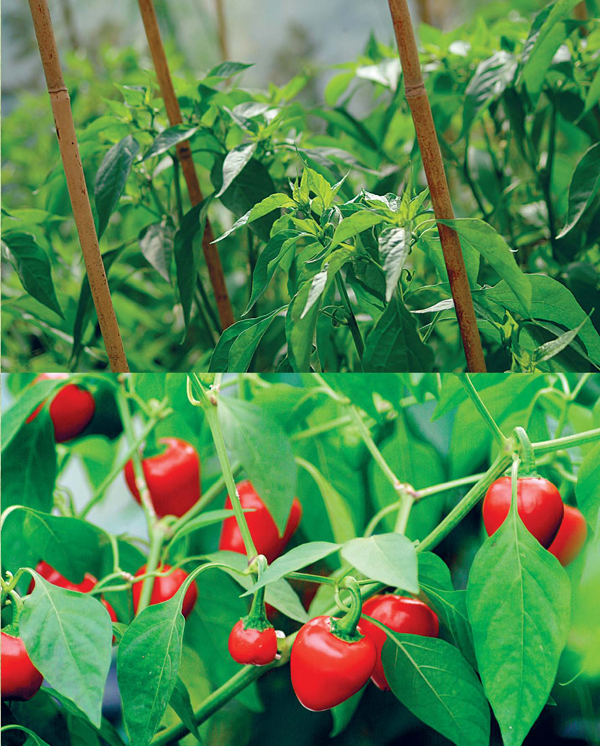
The History and Spread of Chillies around the World
Chilli peppers are thought to have originated in the northern Amazon basin and so, by natural geographic spread, are indigenous throughout Central America, South America, the West Indies and the most southerly states of the USA.
The Tepin or Chiltepin pepper ( Capsicum annuum var. glabriusculum ) is reputed to be the oldest variety in the world and is commonly called the Mother chilli. It grows wild in northern Mexico and up into Arizona and Texas where it is now the State chilli. It is particularly hard to domesticate but in the wild it grows best in seemingly impossibly harsh habitats. In areas of extremely low rainfall, such as the Sonoran desert, it can be found thriving in the partial shade provided by a Desert Oak or Mesquite. In these conditions this supposedly annual plant has been known not only to survive but also to fruit for up to 20 years. This is an interesting feature of most chillies; if they are in conditions they like, they will not only thrive for several years, they will also be more prolific fruiters in their second, third and fourth years.
The Tepin is truly a wild pepper and it is further south in Peru and Bolivia where we find possibly the earliest domestication of a variety of chilli, Rocoto or Locoto, some 5,0006,000 years ago. Evidence has also been found for chilli cultivation in Ecuador from around the same period. Later, the Aztecs were famous for their love of chilli and it featured heavily in their diet. The favourite drink of the Aztec emperors was a combination of chilli and chocolate. Such is their connection with these peppers that the word chilli is derived directly from an Aztec or Nahuatl word; as is chocolate for that matter!
Next page
